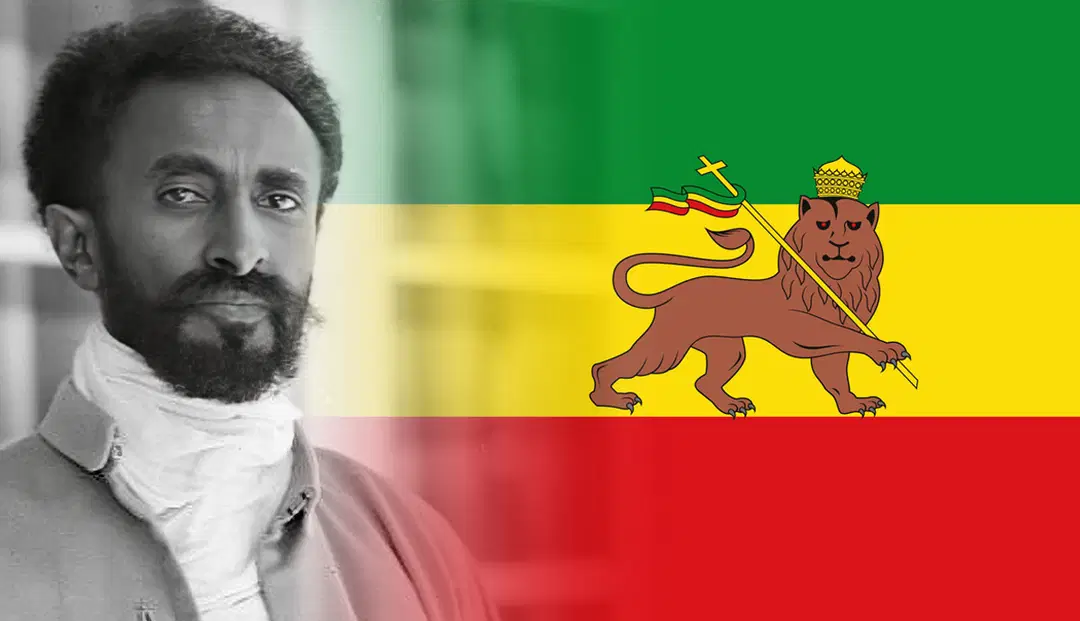An iconic figure in African history, Haile Selassie is remembered as a powerful and progressive politician who modernized Ethiopia. His policies earned him much reverence and the attention of Black leadership outside the country. Not only was he an emperor, but for some, he is considered a god.
Yet his rule was anything but peaceful. His legacy is one of many paradoxes and contradictions.
Born on July 23, 1892 in the village of Ejersa Gora in Ethiopia, Lij (child) Tafari Makonnen could trace his lineage back to Menelik I, who was, according to legend, the son of King Solomon and the Queen of Sheba.
Tafari’s mother, Woizero (lady) Yeshimebet Ali Abba Jifar, was the daughter of a chief from Wollo province. His father, Ras (duke/prince) Makonnen Wolde Mikael Wolde Melekot, was of royal lineage, a military leader, and the governor of Harar.
Tafari’s claim to the throne was through his paternal grandmother, Tenagnework Sahle Selassie, who was an aunt of Emperor Menelik II and the daughter of King Sahle Selassie, the Solomonic Amhara King of Shewa. When Tafari’s father died in 1906, Tafari was raised in the court of Menelik II, who did not have a direct male heir. His only son had died at the age of 15.
Growing up in the imperial court, Tafari was given a good education, and he learned about the subtleties and intrigue of political life. Tafari was hardworking and attentive and gained much recognition from Menelik II. By the age of 14, Tafari had been promoted to governor of Gara Muleta in the Harar province, and by the age of 20, he was appointed commander of the province of Sidamo.



No Comment Found.